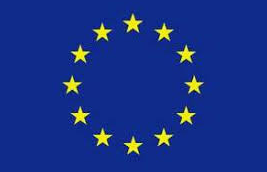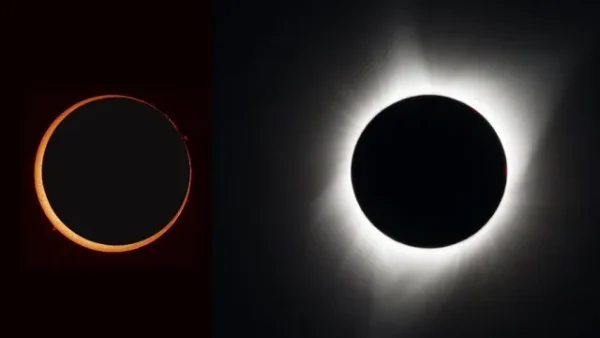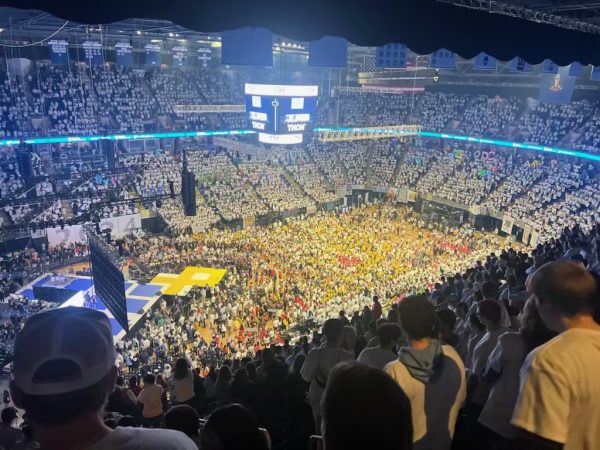European Union Parliamentary elections

May 31, 2019
The European Union just held its parliamentary election that took place from May 23-26. These elections take place every 5 years and they decide the European Parliament, the most democratic institution of the EU. Each country is represented by a number of members of Parliament proportional to their population. They use a proportional voting system, which allows for a variety of parties to get seats. For example, in the United Kingdom, the Brexit Party got 30.8% of the vote, so they will receive that proportional amount of seats.
The results of the election saw a major trend emerge, a shift from the center to the more hardline political positions. In the United Kingdom, despite only forming a few months before the election, Nigel Farage’s Brexit Party won a majority at the ballot boxes with 30.8% of the vote with the Liberal Democrats getting second with 19.8% of the vote. The Liberal Democrats represented the anti-Brexit vote and significantly increased their representation from the last election. Both of these result from a terrible defeat of both the mainstream Conservative and Labour parties, suffering huge losses. In France, Italy, Hungary, Poland, and the United Kingdom had a large surge in eurosceptic representation. This has been a continuing trend in the aftermath of the Refugee crisis and shifting demographics in Europe. Another trend was a larger voter turnout for the Greens, which was a big increase in voters across Europe. In Germany, Angela Merkel’s Christian Democratic Union won with 28.9% of the vote and the Greens coming in second at 20.5%. The left-wing parties did well in Spain and Portugal, as well as some Eastern European countries.
This new parliament will face an interesting time in Europe as more people are starting to doubt the European Union’s abilities in the time of political and cultural hardship. It will be the actions of these new leaders that will shape Europe for years to come.











